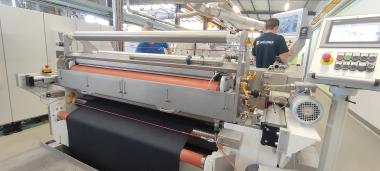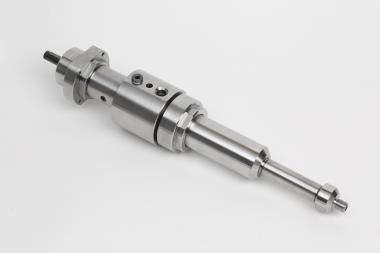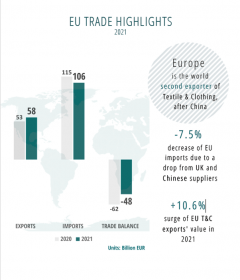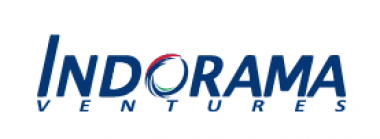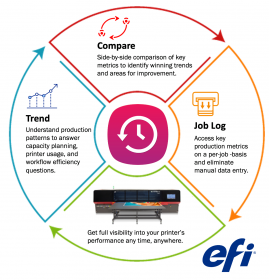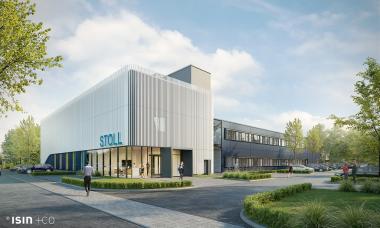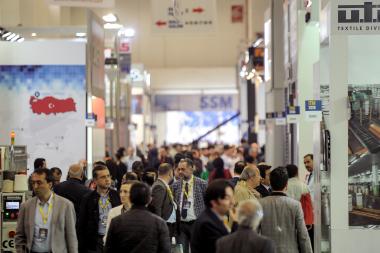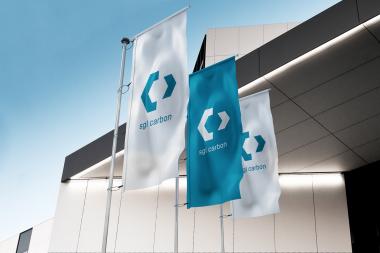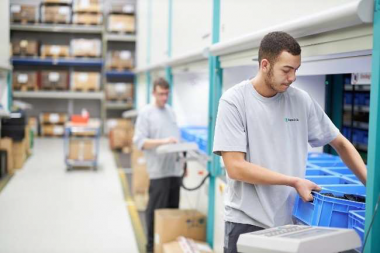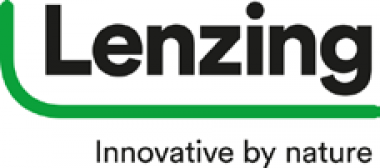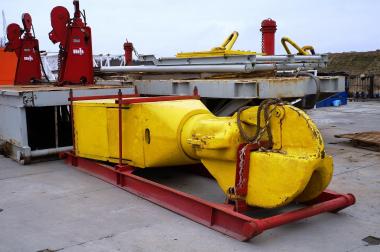B.I.G. is ready for a sustainable future
With an annual report entitled 'Here.We.Go' and a sustainability report 'Shaping sustainable living, together', B.I.G. is also publishing a strong ambition for a sustainable future.
Offering sustainable flooring and material solutions will be the number one priority for the coming years.
The Group's first sustainability report is built around a self-designed sustainability model - "Route 2030" - which is based on achievable commitments, covers the main priorities and reflects B.I.G.'s vision in a sincere way.
Their vision for the B.I.G. change is to actively build a better future by their our carbon footprint to zero and doing business in a transparent, integer way. In this sense, it is the translation of the Group's purpose defined in 2021: shaping sustainable living, together.
Pol Deturck adds “By 2030, together with a broad group of suppliers, stakeholders and partners, we want to be the leader in sustainable flooring and material solutions. Specifically, our future value proposition is based on products and services that are environmentally & climate friendly, circular and offered by talented, innovative people with an emphasis on integrity and respect for values. This results more in a recurring value proposition for the future.”
Clear growth ambitions
As a 100% family-owned international Group with a clear long-term vision, B.I.G. stayed true to their plans and kept on investing in all areas of their business.
“The ambition for 2021 was to invest over 100 mio euro. But we were held back by external, unforeseen factors: from delays on quotes and execution to the lack of availability and resources due to the pandemic. If all goes as planned, we’ll make up for it in 2022 with an investment budget well over 100 million euro. The main areas of interest will be sustainability, innovation and Industry 4.0.” says Pieter-Jan Sonck, CFO of B.I.G.
Adding to the gradual top-line growth of recent years, the Group can look back on an unprecedented financial boom. The driving forces: favorable market conditions, a revitalized growth strategy and a team of nearly 5.000 first-class employees.
B.I.G. reported a turnover of EUR 2,5 billion, an increase of 45 % compared to 2020. The Group ebitda amounted to EUR 451 million, an increase of 120 % compared to 2020 and a net result of EUR 274 million, a growth of 215% compared to 2020.
Fruitful year for all Business Units
It was a fruitful year for all 3 business units, but the Group's business unit Polymers stood out. Exceptionally strong demand in Europe and North America, combined with raw material shortages and unplanned shutdowns of competitors, pushed prices and margins up to highs. The Polymers facilities ran at full capacity to meet the customers’ needs and hit all-time profit records during several months.
The Group's business unit Flooring Solutions also fared well. Most divisions and regions outperformed amid surging energy prices, disrupted supply chains, cost volatility in transport and raw materials, and other challenges. Their sustained focus on innovation, design and product differentiation led to an improved operating result at the end of 2021.
The achievements by Engineered Solutions echo those of the other two business units, from volume increases to budget increases. B.I.G. took big leaps forward in all its key markets, including the automotive sector, geotextiles and filtration.
Beaulieu International Group / EMG






